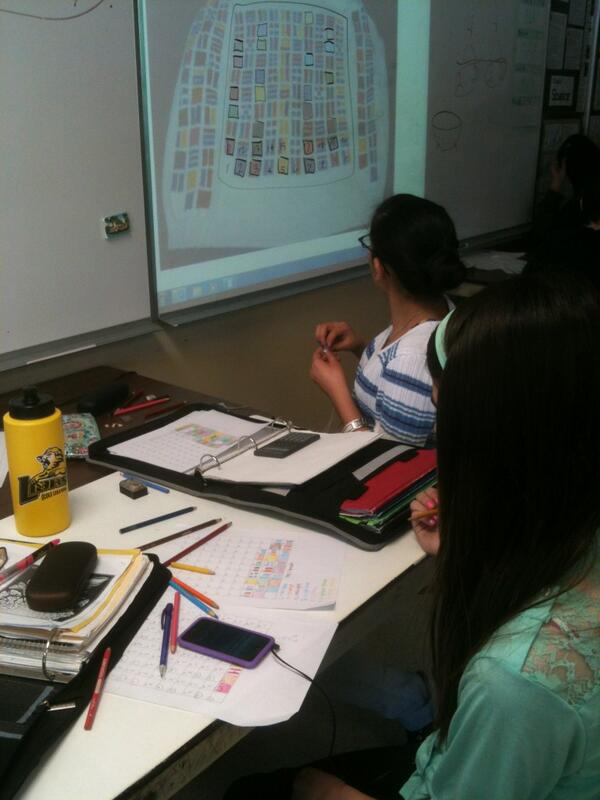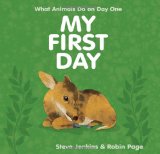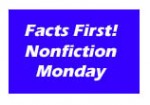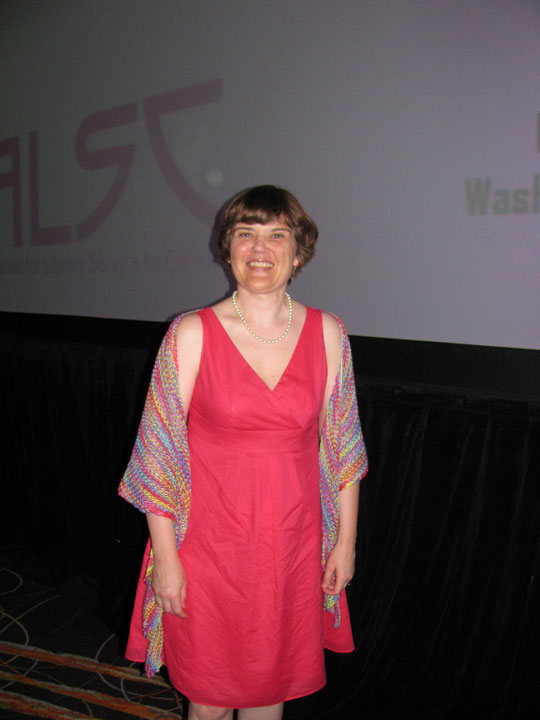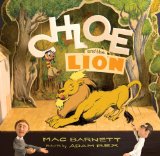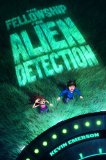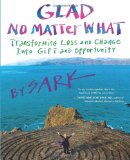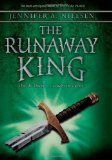It’s Sonderling Sunday! That time of the week when I play with language by looking at the German translation of children’s books — or the English translation of German children’s books.
Last week, my Sonderling Sunday post was interrupted when I found out the offer I’d made on a new home was accepted, and I was way too distracted to continue. (I’m so excited! It’s a lovely condo with a lake view! And my very first home purchase!)
So this week, I’ll continue where I left off in Die unendliche Geschichte, by Michael Ende, translated into English as The Neverending Story
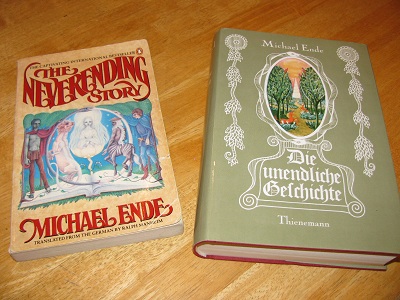
About all I’d covered last time was the snorkeled letters on the door of the shop. This is the section before the chapters with large alphabet illustrations. I didn’t mention that in the German edition, this section is in red type, while the later chapters are in green type. The English version has this section in italics.
Continuing on, listing German first, because that’s the original language:
regenfleckige Mauer = “rain-splotched wall”
da? eine kleine Traube von Messingglöckchen, die über hing, aufgeregt zu bimmeln begann
= “that a little cluster of brass bells tinkled wildly”
(literally: “that a little bunch of grapes of little brass bells, that hung over it, excited to jingle began”)
Der Urheber dieses Tumult = “The cause of this hubbub”
durchweicht = “soaked” (“through-wet”)
Schulmappe = “school satchel”
Dämmerlicht = “half-light” (“twilight”)
mannshohen = “shoulder-high” (“man-high”)
I like this one:
Rauchkringel = “ring of smoke”
Es zieht = “There’s a draft.” (“It attracts.”)
in einem hohem Ohrenbackensessel aus abgewetztem Leder
= “in a high worn leather wing chair”
(“in a high Ears-back-chair of threadbare leather”)
“Wing chair” or “Ears chair”? I kind of like the latter!
Büschel = “outcroppings”
bissigen Bulldogge = “vicious bulldog” (“biting bulldog”)
knollenförmigen Nase = “bulbous nose” (“tuber-formed nose”)
Oh, I like this word!
Mundwinkel = “corner of his mouth” (“mouth angle”)
A new expression to try:
Ach du liebes Bi?chen! = “Goodness gracious.” (“Oh dear little bit!”)
ein Mordsgetue = “a terrible fuss” (“a murder-to-do”)
I probably shouldn’t challenge you to use this sentence:
Ich bin ganz and gar kein Kinderfreund.
= “I simply have no use for children.”
(“I am completely and totally no child-friend.”)
Oh, goody! More insults! (Always the most fun)
blöde Schreihälse = “screaming”
(“stupid screamnecks” — I guess the translator didn’t want to be so rude.)
Quälgeister = “torturing people”
(“spirits of torment”)
die alles kaputt machen = “breaking things”
(“who make everything broken”)
die die Bücher mit Marmelade vollschmieren = “smearing books with jam”
(“who the books with jam fully smear”)
die Seiten zerrei?en = “tearing the pages”
die sich den Teufel darum scheren, ob die Erwachsenen vielleicht auch ihre Sorgen und Kümmernisse haben
= “It never dawns on them that grown-ups may also have their troubles and cares.”
(“who don’t give a damn that adults possibly also have their worries and cares.”)
seine Lektüre fort = “went on reading”
(Interesting! Lektüre means reading, not talking. I bet that’s how the English word “lecture” started out.)
Here’s a fun expression, and a tongue-twister, to boot:
Manieren hast du nicht für fünf Pfennig = “Where are your manners?”
(“Manners have you not for five pennies.”)
dich verspotten = “make fun of you”
Spinner = “Screwball” (“spider”)
Mondkalb = “nitwit” (“mooncalf”)
Aufschneider = “braggart” (“out-cutter”)
Schwindler = “liar”
Love those sch- words!
schlurfte = “shuffled”
dumpfes Gemurmel = “low mumbling”
Unwiderrufliches = “irrevocable”
wunderschöne, gro?e Anfangsbuchstaben
= “large, beautiful capital letters at the beginning of the chapters”
(I love it! German has a word for “capital letters at the beginning of the chapters”)
eigentümlich verschlungenen Buchstaben = “strangely intricate letters”
(“strangely inter-snaked letters”)
I’ll stop tonight where Bastian reads the name of the book he has discovered:
Die unendliche Geschichte
Summing up, I think the best new word of the night was Anfangsbuchstaben.
Most fun to say: schlurfte
Hardest to say: Manieren hast du nicht für fünf Pfennig
Cutest word: bimmeln
Biggest change of perspective: Ohrenbackensessel
Best insult: blöde Schreihälse
Worst insult: die die Bücher mit Marmelade vollschmieren
Again, go out and practice your new vocabulary! If only in the form of a dumpfes Gemurmel.
